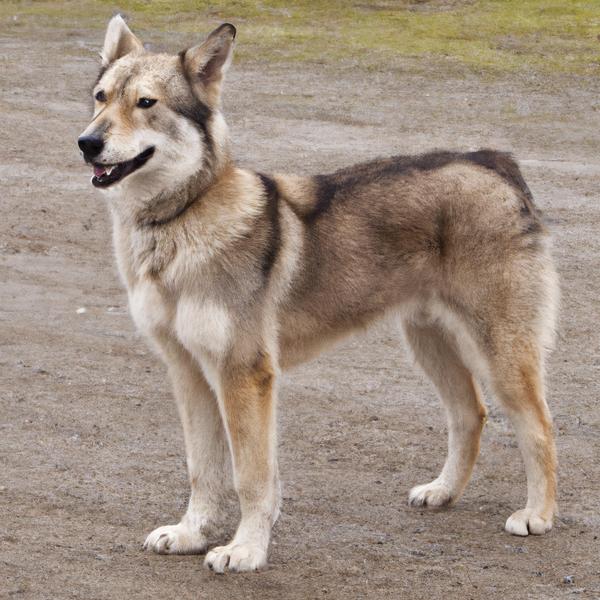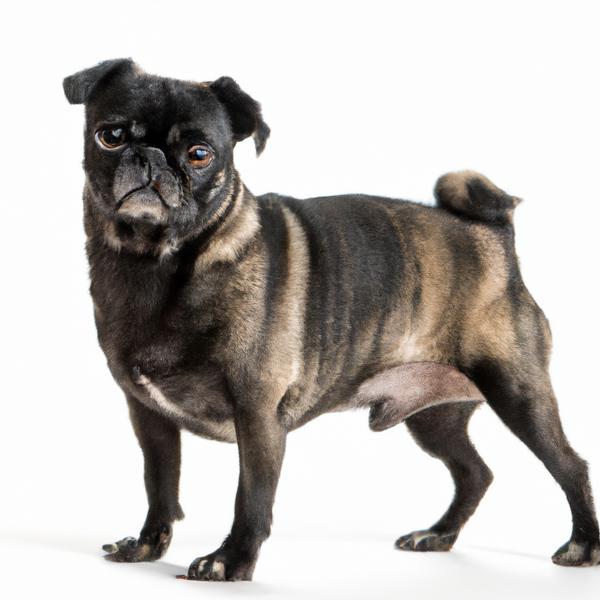Elk-Kee vs. Pugillon: Breed Differences and Similarities
Hypoallergenic
Are Elk-Kees or Pugillons hypoallergenic, or neither?
Unfortunately, neither Elk-Kee nor Pugillon are hypoallergenic, which may not make them the best choice for dog lovers who suffer from pet allergies.
Temperament
What are the personalities of Elk-Kee and Pugillon dogs?
Playful
Agile
Alert
Intelligent
Obedient
Loyal
Quick
Strong
Willed
Bold
Bright
Sturdy
Playful
Happy
Energetic
Alert
Courageous
Intelligent
Friendly
Affectionate
Loyal
Gentle
Going
Cheerful
Shedding Level
Do Elk-Kees shed more than Pugillons, or which breed sheds more, Elk-Kees or Pugillons?
Elk-Kees shed a lot of hair each year, so frequent brushing is essential for reducing shedding and maintaining coat health.
Pugillons are moderate shedders, but regular brushing can reduce shedding and maintain coat health.
Origin
What is the origin of Elk-Kee and Pugillon dog breeds?
United States
United States
Ancestry
What are the origins of Elk-Kee and Pugillon breeds?
Norwegian Elkhound and Keeshond
Pug and Papillon
Breed recognition
Which kennel clubs recognize/register Elk-Kee and Pugillon?
ACHC = American Canine Hybrid Club
DRA = Dog Registry of America, Inc.
ACHC = American Canine Hybrid Club
DRA = Dog Registry of America, Inc.
Date of Birth
When were Elk-Kee and Pugillon breeds first developed?
Unknown
Eye Color Possibilites
What are the eye colors of Elk-Kee and Pugillon dogs?
Brown
Brown
Nose Color Possibilites
What are the natural nose colors of Elk-Kee and Pugillon?
Black
Black
Coat Color Possibilites
What are the natural colors of the coat for Elk-Kee and Pugillon breeds?
Black
Silver
Gray
Cream
Black
White
Silver
Sable
Red
Coat Length
What is the typical coat length for Elk-Kee and Pugillon breeds?
Elk-Kees have short coats.
Pugillons have medium-length coats.
Coat Density
What is the density of the coat of Elk-Kee and Pugillon?
Coat Texture
What is the hair texture of Elk-Kee and Pugillon?
Straight
Litter Size
What is the usual litter size for Elk-Kee and Pugillon?
An Elk-Kee can have a litter of 5-10 puppies on average. However, it's worth noting that the size of the litters can vary greatly. Factors that can influence litter size include the health of the mother, breeding history, and genetics.
A Pugillon can have a litter of 2-4 puppies on average. However, it's worth noting that the size of the litters can vary greatly. Factors that can influence litter size include the health of the mother, breeding history, and genetics.
Adaptability
Elk-Kee and Pugillons are known for their adaptability and versatility. They are capable of adapting well to a wide range of lifestyle changes and living environments, making them great companions for families and individuals of all lifestyles.
Health Issues
Between Elk-Kee and Pugillon, which breed is more prone to health problems?
While the Elk-Kee breed is generally healthy, occasional vet check-ups are still necessary to address any health concerns.
Pugillons typically have low vet costs due to their good health, but it's important to monitor their health and seek vet care when necessary.
Major Concerns
What are the major health concerns for Elk-Kee and Pugillon breeds?
Patellar Luxation
Fanconi Syndrome
Hip Dysplasia
Addison's Disease
Progressive Retinal Atrophy (PRA)
Patellar Luxation
Entropion
Deafness
Hip Dysplasia
Mitral Valve Disease
Legg-Calve-Perthes Disease
Liver Shunts
Minor Concerns
What minor health issues should be kept in mind when owning Elk-Kee and Pugillon?
Sebaceous Adenitis
Epilepsy
Diabetes
Von Willebrand's Disease
Hypothyroidism
Cataracts
Von Willebrand's Disease
Corneal Ulcer
Follicular Dysplasia
Progressive Retinal Atrophy (PRA)
Occasional Tests
What occasional tests are recommended for Elk-Kee and Pugillon breeds?
X-Rays
MRI
CT Scan
Physical Examination
Urinalysis
Complete Blood Work
Serum Chemistry
Spinal Tap
Neurologic Exam
Ophthalmic Examination
Eye
Blood
Knee
Heart
Dna For Vwd
Liver Ultrasound
X-Rays
CT Scan
Physical Examination
Allergy Tests
Social Needs
Elk-Kee vs Pugillon social needs comparison
Elk-Kee has above average social needs and thrives with interaction with humans and other dogs.
Pugillon has very high social needs and requires regular mental and physical stimulation, a job or purpose, and companionship.
Sleeping Need
Which of the two sleeps the most/least: Elk-Kee or Pugillon?
Elk-Kees sleep less than other breeds but still need adequate sleep for good health.
Pugillons have moderate energy levels and typical sleep patterns of 12-14 hours per day.
Mouthiness
Mouthiness Comparison: Elk-Kee vs Pugillon?
Roaming urge
Elk-Kee vs Labrador: Running away tendency?
Prey Drive
Elk-Kee or Pugillon - which breed has a higher level of prey drive?
Activity Level
Which breed has higher energy, Elk-Kees or Pugillons?
Elk-Kees are high-energy dogs. They need mental as well as physical exercise. These dogs require a lot of your involvement and without it they can, and will, become problematic dogs.
Pugillons are medium-energy dogs and typically enjoy socializing and playing casual or even sustained games of chase with other dogs. They may also have occasional periods of barking or racing around the house.
Tolerance of being left alone
Walks per Week
How many miles should Elk-Kee or Pugillon walk each week?
There's really no limit to how far you walk your dog as long as they're comfortable. For Elk-Kee, it's at least 12 miles / week. Just remember to build distance and stamina gradually over time.
There's really no limit to how far you walk your dog as long as they're comfortable. For Pugillon, it's at least 8 miles / week. Just remember to build distance and stamina gradually over time.
Activity per Day
Do Elk-Kees or Pugillons require more exercise?
In general most Elk-Kees usually need at least 60 minutes of exercise daily. This can be spread across the day and include all sorts of high-energy activities, like walking, running and playing.
In general most Pugillons usually need at least 25 minutes of exercise daily. This can be spread across the day and include all sorts of high-energy activities, like walking, running and playing.
Grooming
Which breed is easier to maintain in terms of grooming, Elk-Kees or Pugillons?
Elk-Kees require significant grooming, including regular trims and professional grooming assistance to maintain their coat. They may also require frequent bathing to keep their coat and skin healthy.
The Pugillon has low grooming needs and is easy to maintain.
Brushing Frequency
What is the recommended brushing frequency for Elk-Kee and Pugillon dogs?
Elk-Kee and Pugillon should be brushed at least once a week. Of course, you can give them more frequent brushes if you find that they are still shedding a lot.
Brushing Tools
What brushing tools are used for Elk-Kees and Pugillons?
Slicker Brush
Nail Clipper
Pin Brush
Comb
Scissors
Nail Clipper
Cups
How much food should be given to Elk-Kee or Pugillon in cups?
For an average 35-45 pound (16 - 20 kg) Elk-Kee feed 3 cups daily. But, keep in mind, the amount you feed is going to be dependent on the quality of the food you are feeding.
For an average 8-18 pound (4 - 8 kg) Pugillon feed 1 cups daily. But, keep in mind, the amount you feed is going to be dependent on the quality of the food you are feeding.
Daily Cost
Which breed has a higher daily cost, Elk-Kee or Pugillon?
The average cost of an Elk-Kee is somewhere $1.70 - $2.00 per day.
The average cost of a Pugillon is somewhere $1.00 - $1.40 per day.
Monthly Cost
Which breed has a higher monthly cost, Elk-Kee or Pugillon?
The average per month expenses of an Elk-Kee is between $48 - $63. This makes an average of $576 - $756 per year. It will be on the higher side when the dog is still small because it will need more frequent visits to the vet, shots.
The average per month expenses of a Pugillon is between $28 - $42. This makes an average of $336 - $504 per year. It will be on the higher side when the dog is still small because it will need more frequent visits to the vet, shots.
Sensitivity Level
How do Elk-Kee and Pugillon compare in sensitivity?
This breed is sensitive to its environment and best suited for patient and understanding families with a consistent routine.
Pugillons have average emotions and adapt well to different situations.
Apartment Friendly
Which breed is more apartment-friendly: Elk-Kee or Pugillon?
Elk-Kees are good apartment dogs as long as they get enough exercise and stimulation outside of the apartment.
The Pugillon is a great apartment dog, thriving with sufficient exercise and time outside as part of their daily routine.
Child Friendly
Do Elk-Kees or Pugillons have a friendlier temperament towards children?
Elk-Kee and Pugillon are kid-friendly dogs. They are good with children and excellent dogs with children if they are socialized and trained at a young age.
Senior-friendly
Which dog is more suitable as a pet for the elderly - Elk-Kee or Pugillon?
Cat Friendly
Do Elk-Kee or Pugillon breeds have a better compatibility with cats?
Elk-Kees are good with cats, but early training is needed to prevent chasing behavior.
Pugillons are very friendly with cats and make great companions for them.
Dog Friendly
Which breed is more sociable with other dogs: Elk-Kee or Pugillon?
Elk-Kees and Pugillons are friendly, active and loyal companions. They generally love to be around other dogs, making them a good family pet for some.
Pet friendly
How do Elk-Kee or Pugillon dogs interact with other pets?
Stranger Friendly
Which breed is more friendly with strangers: Elk-Kee or Pugillon?
Elk-Kees are friendly but may bark at strangers, and training is easy due to their intelligence.
Pugillons are highly friendly around strangers.
Playfulness
Which breed is more playful between Elk-Kee and Pugillon?
Elk-Kees have an average level of playfulness, enjoying playtime like most dogs but not excessively so.
Pugillons are a playful breed that needs daily playtime to be happy.
Trainability
How do the trainability levels of Elk-Kees and Pugillons compare?
Elk-Kees are popular for their ease of training and quick learning ability.
Pugillons are usually easy to train but require consistency to fully obey commands.
Compare Elk-Kee with other breeds
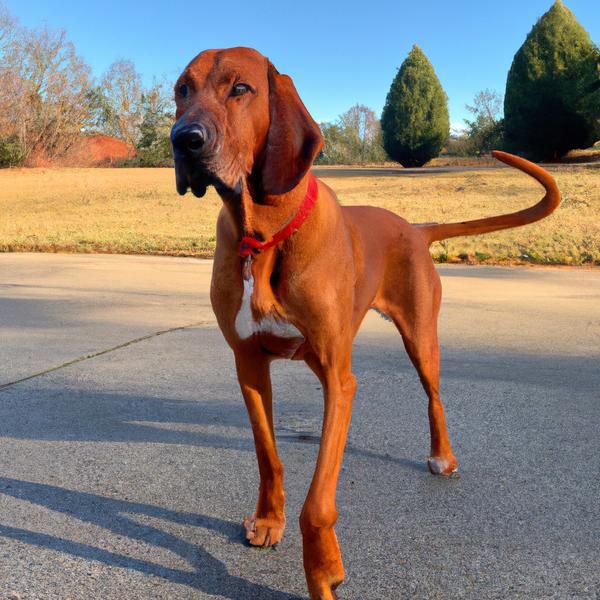
Redbone Coonhound
Elk-Kee vs Redbone Coonhound
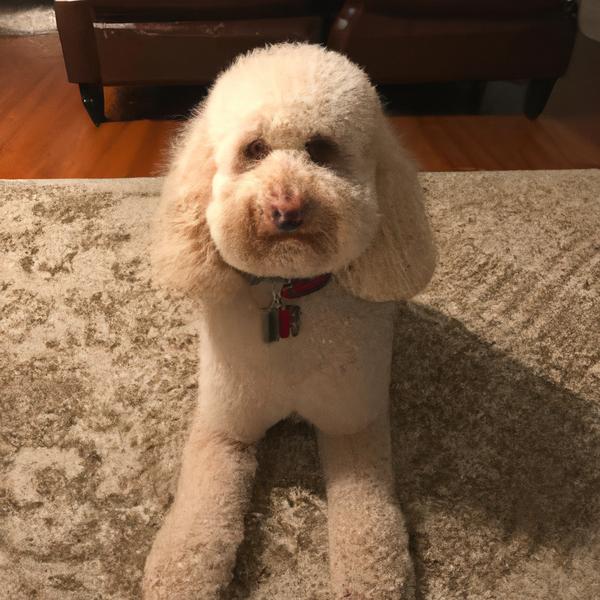
Froodle
Elk-Kee vs Froodle
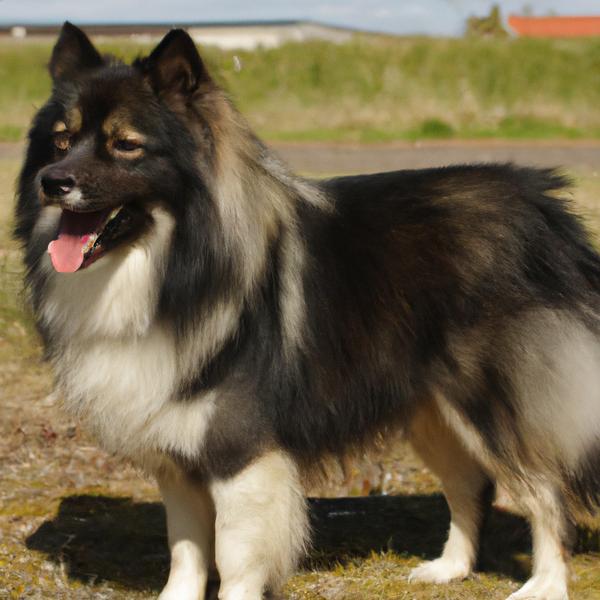
Eskland
Elk-Kee vs Eskland
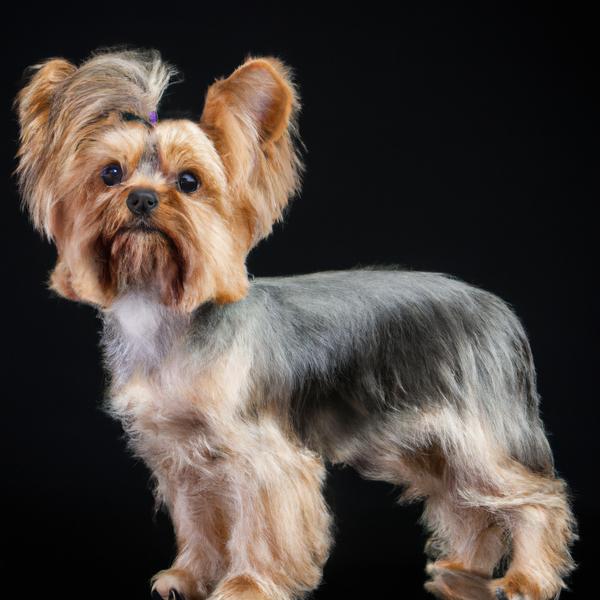
Miniboz
Elk-Kee vs Miniboz
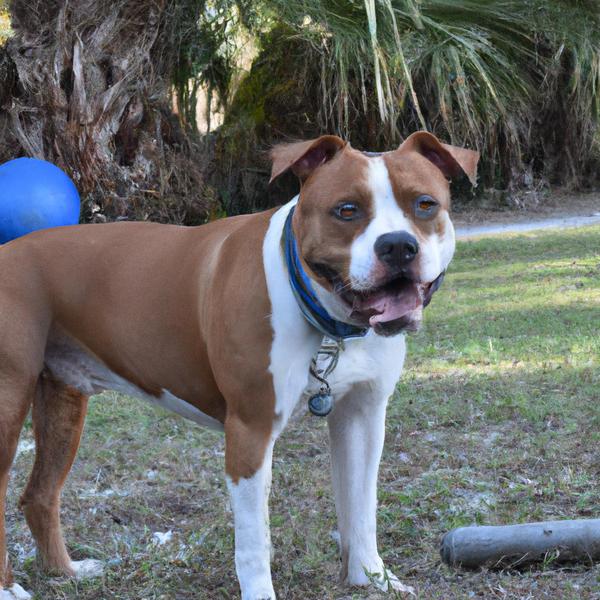
Bostillon
Elk-Kee vs Bostillon
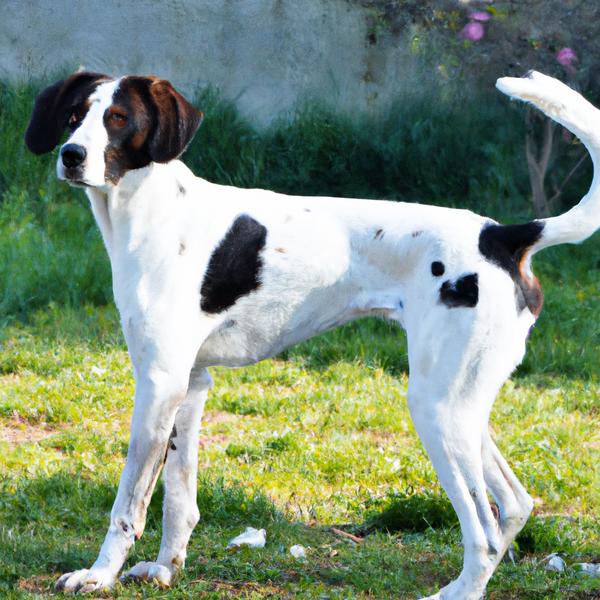
Dualanese
Elk-Kee vs Dualanese
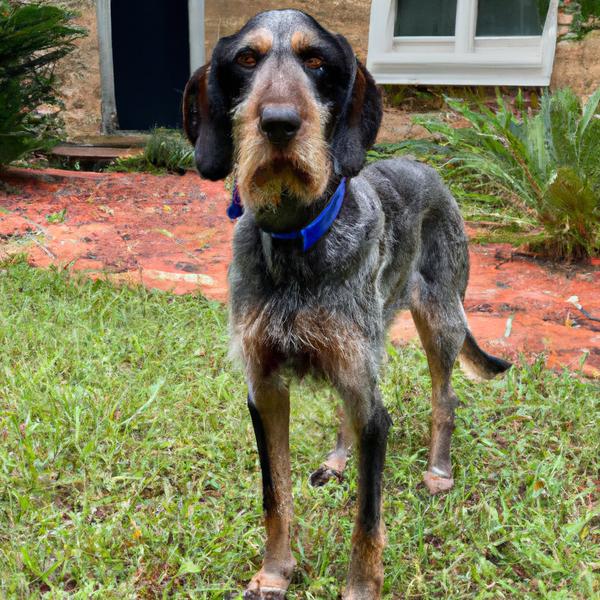
Bluetick Coonoodle
Elk-Kee vs Bluetick Coonoodle
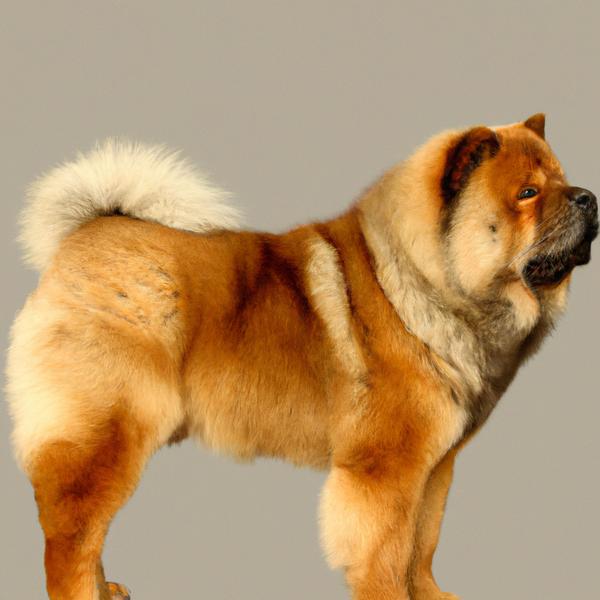
Chow Shepherd
Elk-Kee vs Chow Shepherd
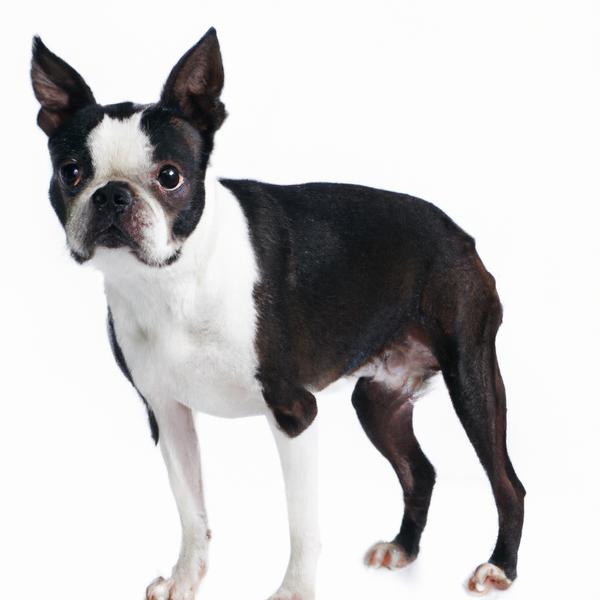
Boston Terrier
Elk-Kee vs Boston Terrier
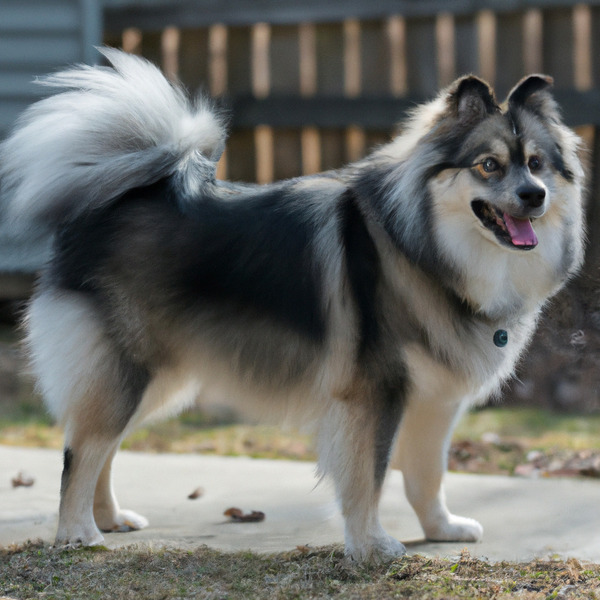
Pomsky
Elk-Kee vs Pomsky
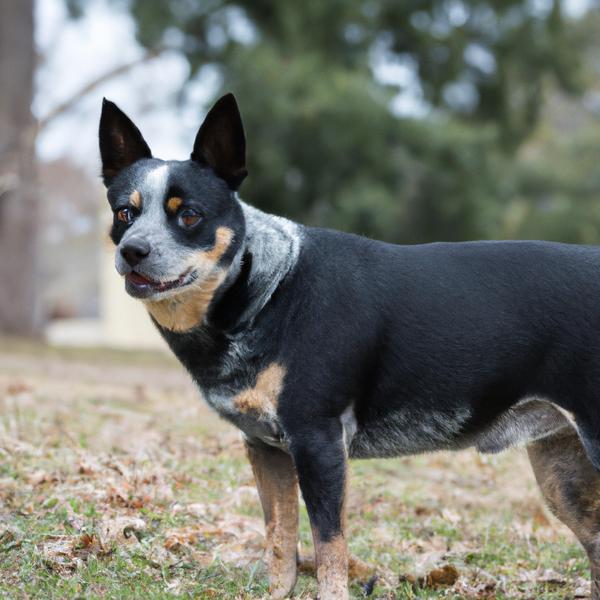
Boston Cattle Dog
Elk-Kee vs Boston Cattle Dog
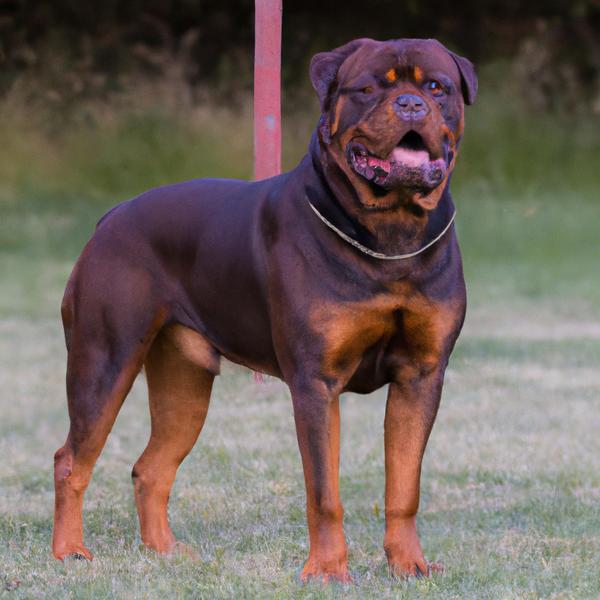
Rottie Bordeaux
Elk-Kee vs Rottie Bordeaux
